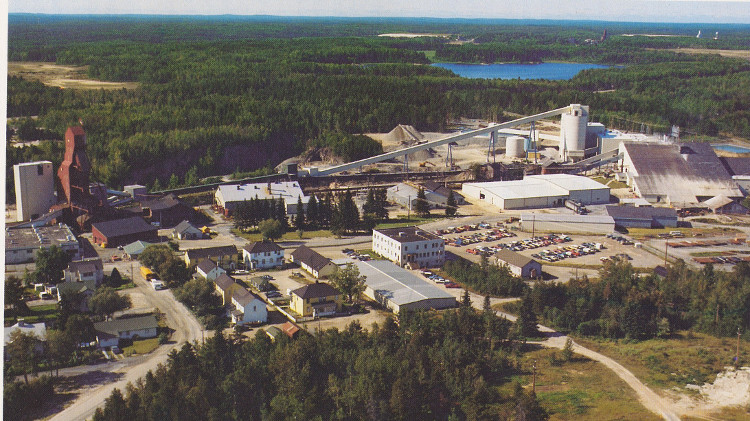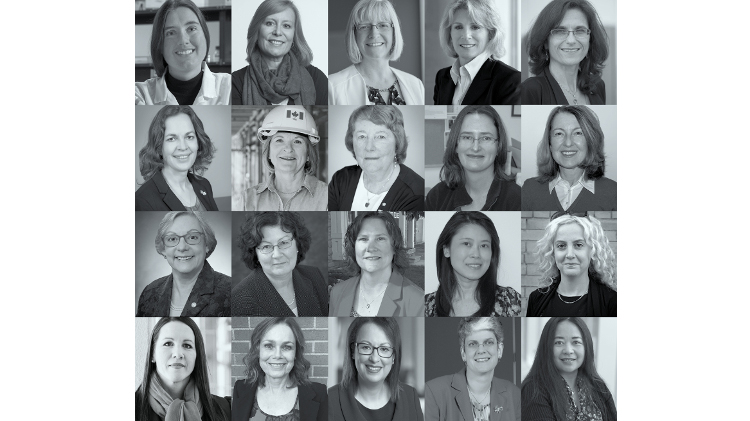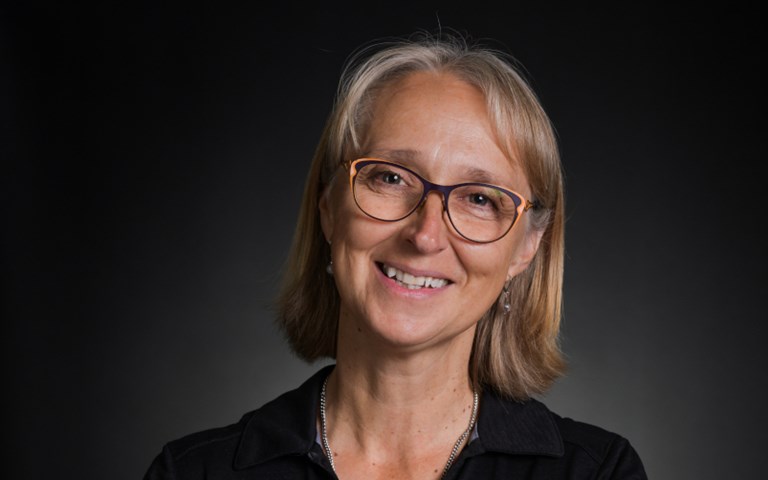Josette Ross. Courtesy of Rio Tinto
In 2021, she became the first woman to lead Rio Tinto’s Arvida Research and Development Centre (ARDC) since its founding in 1946. Although her role currently involves more management than science, science is what all her teams are doing. “Even if I manage people, in the end, we also manage science,” she explained. “And to manage science, I need to manage people. For me, it’s the same thing.”
The ARDC, located in the Saguenay–Lac-Saint-Jean region of Quebec, has a mandate to not only develop new technologies and improve processes, but to provide support for Rio Tinto’s aluminum operations and to help the sales and commercial teams by developing and testing products to meet customer needs. The organization is divided into two areas: one focusing on R&D and innovation, and one supporting operations using analytical chemistry.
One of the centre’s most recent successes was achieved in partnership with Indium Corporation. The two organizations are collaborating to find a viable way to extract primary gallium, in volume, from the bauxite processed in Rio Tinto’s aluminum operations. Gallium is a rare critical mineral used in the production of integrated circuits; its main global supplier is China, which has been restricting the mineral’s export, so a reliable North American source has become essential to the semiconductor industry.
Ross said that a multidisciplinary team, including her experts, has been working with Indium to develop a process that can extract gallium without interfering with the extraction of the alumina from the bauxite, which, she noted, is a very fragile process. The next phase of the project, according to a May 2025 press release from Rio Tinto, is to work on ways to enable pilot-scale production of larger quantities. If it is successful, the company plans to build a demonstration plant in Saguenay–Lac-Saint-Jean that could produce up to 3.5 tonnes of gallium per year.
“After that, we hope to go to a commercial level,” said Ross. “We want to secure the supply chain.”
When Ross became the general manager of the ARDC, she had already spent more than 15 years working at the research centre, learning all she could about the various areas, and that served her well.
“That’s why I was chosen to do this role, because it’s not an easy role,” she explained. “We need to know almost everything in our departments to stay relevant. By trying a lot of different roles, and different departments, I learned a lot about all the processes.”
The combination of her deep institutional knowledge and her innate curiosity allowed her to bring a new vision to the ARDC by reorganizing the centre, eliminating silos and building teams of disparate experts so everyone could see the big picture while working on a project. “By putting them together in one team with a focus to bring the best ideas and solutions for operations together, they are much stronger,” she said. “I know it’s a cliché, but it works. I’m very proud of that, because today we have a big portfolio of projects totally aligned with the business needs.”
Her message to young people who want to succeed is straightforward: ignore the impostor inside you that says you can’t do something and try anyway.
“Sometimes it’s a success and sometimes not,” she said. “To learn, we have to try. I know that sometimes people don’t want to try because they don’t want to fail, but it’s not a problem. It’s the way we learn things, and it’s the way we become attractive [candidates on the job market].”




